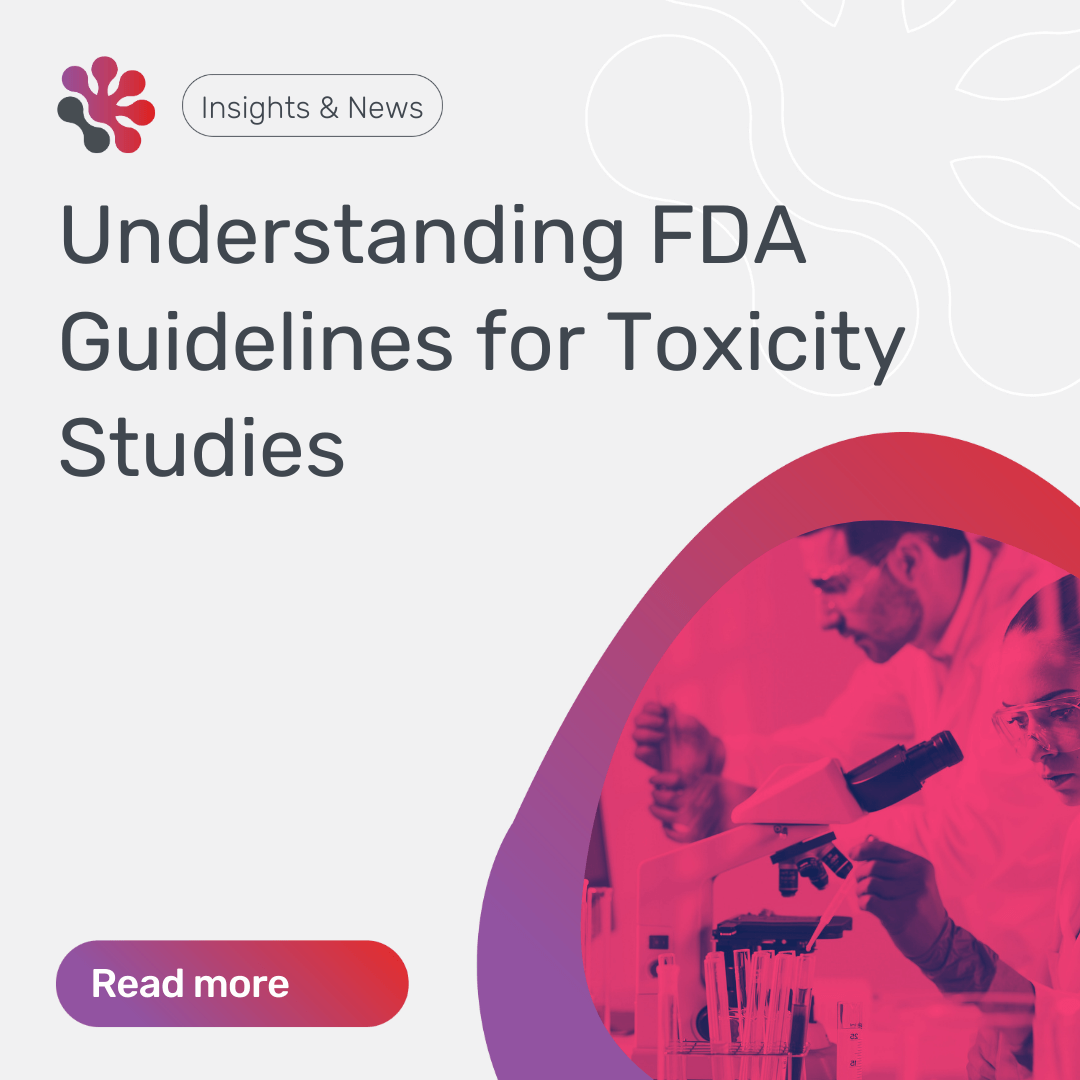From years of working within the life sciences industry we are often asked by research scientists how they can check if their monoclonal antibodies will cross react?
This is relevant because, whilst monoclonal antibodies only have one epitope for binding and, therefore have a lower chance of cross-reaction compared to polyclonal antibodies, cross-reactions can still occur.
It’s critical, therefore, to check if these reactions will happen – whether that’s to identify targets for your monoclonal antibody or to check that your potential treatment doesn’t have unexpected results.
Use an Immunohistochemistry assay to test for tissue cross-reactions
The most common and standard method used to check for cross-reaction in monoclonal antibodies is using tissue cross-reactivity (TCR) screening assays. It’s generally agreed that TCR assays are best practice for antibody and antibody-like proteins, that contain a complementary-determining region (CDR). This is because the TCR assays are designed to use this lock and key concept, using antibody-antigen binding as the basis of the technology.
Tissue cross-reactivity is performed on around 38 different types of frozen tissue sections, taken from humans and or animals. These tissues are then subjected to immunohistochemistry staining techniques to gain knowledge of off target and on target binding sites. You can learn more about TCR assays here.
Check your TCR studies are performed correctly
Chances are if you’re trying to find out if your monoclonal antibody will cross-react you might be looking at a potential therapeutic treatment and hoping to one day bring this to market. If you’re going to go to a lot of effort to perform this TCR study, it’s worth making sure that you’re doing it in line with guidance from regulatory bodies like the FDA or EMA.
For example, with the FDA this includes using a specific amount of human tissue from several unrelated donors and a common requirement is that the study is performed in compliance with Good Laboratory Practice (GLP) and on a range of tissues. You can learn more about the FDA tissue cross-reactivity requirements here.
Source and use high-quality tissue samples
It is critical to use high-quality tissue samples for your TCR assay. In fact, it’s preferable and recommend by most of the regulatory bodies to use surgically removed and snap frozen human tissue. If the tissue is taken post-mortem, it must be within no later than four hours of death as after that you risk the loss of certain proteins.
You’ll also want to make sure that your sourced tissue is normal. You can do this by staining the tissue and checking for a regularly expressed protein and normal morphology.
It’s the use of this high-quality tissue that enables more detailed insight and supports subsequent decision-making in the drug development process.
Make sure you interpret your results well
Making sure you interpret the results from your TCR screening assay is also very important. Having an experienced hand to help you interpret the results can be game changing. That’s because, often binding results aren’t always what they initially appear to be; it’s very easy to miss subtle data and misinterpret results when considered in isolation. This can have a significant downstream effect on establishing efficacy and toxicity.
It’s also a skill to focus on the most meaningful data from a TCR assay; revealing the potential targets revealed by the testing and what possible animal species you might want to perform toxicity studies on in the future.
If you’d like to learn more about tissue cross-reactivity you can check out our white paper here or if you’d like to learn how HistologiX could partner with you and help your study, you can get in touch here.
Meet the Team

Elaine Foster BSc
Elaine is the Cellular Pathology Manager at HistologiX. She is responsible for the management and coordination of our immunohistochemistry studies. With her extensive practical experience of IHC techniques and assay development, she is well placed to support Clients from project proposal to completion of study report.
Elaine began her scientific career in histopathology working on breast and colon cancer tissues and performing IHC & radioactive-ISH assays before moving into a research lab working on IgA nephropathy. Prior to joining HistologiX, she helped set up GLP procedures for a large contract research laboratory.






